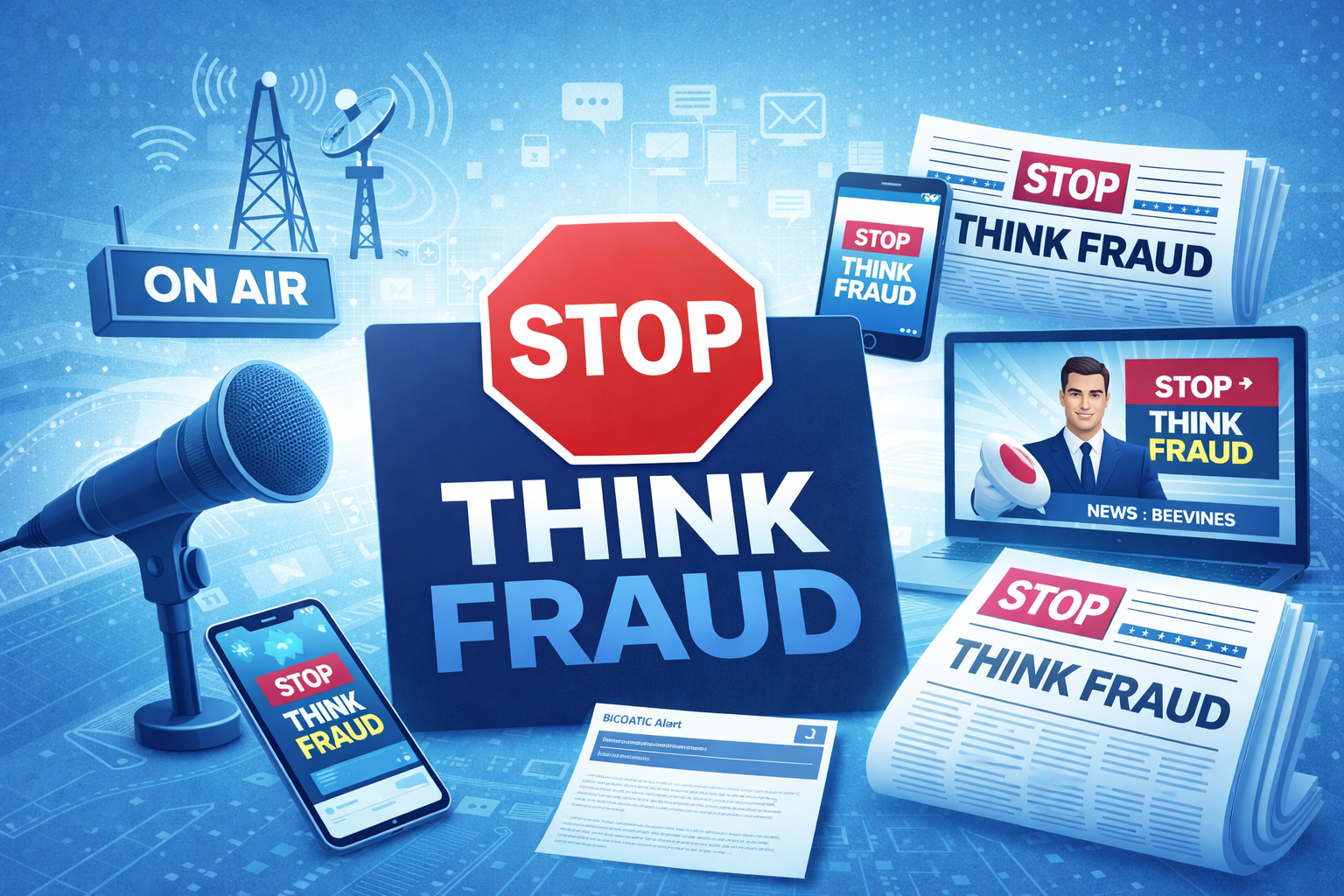Fifty-four days. That’s all it took for my life to collapse. In less than two months, the future I’d worked so hard to build had shattered, and I found myself in the middle of a nightmare I couldn’t have imagined.
Most people think fraud is just about losing money. But I’ve learned from personal experience that fraud takes so much more: your time, trust, dignity, and even your sense of who you are.
Here’s the truth few people understand: The fight doesn’t end when the fraud is exposed. That’s when it really begins. The hardest part comes once the veil lifts, when you realize what happened and are left to face the consequences alone.
The loss
In short, here’s my story. I matched with a man online who said he was the CEO of a diamond company. We met in person, became a couple, and I grew to truly trust and love him. After a while, he told me he was in trouble. He said his competitors were threatening him and convinced me he needed to travel under my name using my credit card. I supported him, and by the time it was over, I had lost more than £200,000.
When I look back, I see three main losses that changed everything for me.
The first was the personal loss. Initially, what cut deepest wasn’t the money but the betrayal. I had trusted someone who never cared about me, someone targeting multiple people and companies at the same time. I grieved for the loss of a relationship that had never been real. It felt like being cheated on, but worse, because the entire thing was a lie. He looked into my eyes, saw my fear, and knew he had me.
The second major loss was the future I thought I had. I owned a flat in Oslo and followed a normal path in life, always working hard and doing what I thought was right. I was building a life I was proud of. Then, after taking out several high-interest loans during the scam, I had to accept that my future would no longer look the way I’d imagined.
The debt was overwhelming, and the creditors were relentless — letters, calls, and collection notices that never stopped long enough for me to catch my breath. I had to sell my flat, was taken to court by four banks, and in the end, I had to file for bankruptcy. Seven years later, I still can’t get a credit card or rent a flat without being judged as someone “bad with money.”
At one point, I was even treated as a suspect by the Metropolitan Police. One of the biggest obstacles to rebuilding your life after being defrauded is realizing that the very institutions meant to protect you might turn against you. You’re not treated as a victim of crime but as someone to be blamed, doubted, or dismissed. That’s what makes recovery so deeply traumatic. You’re already broken, and then you’re made to prove your own innocence.
Finally, I lost my identity and credibility. The criminals used my name, face, and life as their shield. In court, I was told I had been “negligent” for believing my fraudster’s threats, implying a “reasonable person” would not have believed or acted on those threats. Imagine being told you were at fault for trusting too much, for caring too much, for fearing for someone’s life. It was humiliating and devastating.
But for me, knowledge became power. I started reading everything I could about romance fraud, and discovered striking similarities to domestic abuse and coercive control. I began reaching out to academics like Dr. Elisabeth Carter and Professor Marte Kjørven, whose research and projects helped me understand what had really happened. Their work saved me in many ways. For the first time, I no longer felt completely alone, even though the voices telling me it was all my fault had been so loud.
Fraud doesn’t only strip away your monetary savings. It strips away your confidence, trust, and dignity. It makes you doubt your own judgment, and in the silence that follows, carrying on can feel impossible. I know victims who couldn’t. And that’s why I say the real struggle begins after the fraud, in the slow, painful work of rebuilding while burdened with shame, debt, and blame that never belonged to us.
The turning point
So how do you begin to take your life back when so much has been stripped away?
For me, the turning point was realizing that silence would only protect the fraudsters. If I stayed quiet, they’d just continue their schemes without consequences. I tried the expected routes first.
But when the banks, police, and courts refused to listen, I had to find someone who would.
That’s when I turned to journalists.
Within six months, the team at VG published my story. It was terrifying to go public so soon after everything collapsed, but I knew it was the only way to expose what happened.
Looking back, I can see how vulnerable I was in those early interviews. But I’m proud of the choice I made. I became a whistleblower. I stopped Simon Leviev, the man who defrauded me and countless others, in his tracks. That was the first piece of my life I reclaimed — my voice.
Rebuilding
Rebuilding wasn’t quick or easy.
My family and friends gave me strength, even when they didn’t always know what to say. Fellow victims reminded me I wasn’t alone. Experts helped me understand this wasn’t just me being naive. This was systemic. The patterns fraudsters use are the same patterns abusers use, and anyone can become a target. Knowing that gave me back my confidence.
Slowly but surely, I stopped blaming myself. Step by step, I began to see that what happened to me could happen to anyone. That realization was freeing. Taking my life back meant refusing to let the crime silence me.
Financially, I’m still rebuilding. I’m not where I want to be when it comes to owning my own place. But what I do have now is something far more valuable — a deep understanding of what truly matters in life. And none of it has to do with money.
People often ask me how I can ever trust again. But what choice do we really have as humans? Trust and love are what make us who we are. It’s how we connect, how we live.
After Netflix
When Netflix released The Tinder Swindler in 2022, I had no idea how big it would become. Suddenly, my story was out in the world, and I received thousands of messages. Some were desperate cries for help, while others were simple messages of thanks. People told me they felt less alone because of the show.
That changed everything. Sharing my story didn’t just help me rebuild. It became a way to help others rebuild too, and that gave my pain a purpose.
Today, through my new Netflix series Love Con Revenge, I continue to fight for justice and shine a light on the victims. If fraudsters aren’t afraid of the law, then they should at least be afraid of the truth and the world finally seeing them for what they are.
Taking life back
So, what does it mean to take back your life after fraud? For me, it means refusing to let the crime define me. It means holding onto my voice, my values, and my resilience. It means turning something devastating into something powerful.
Because while fraud can steal your money, your plans, even your identity, it cannot steal your future — unless you let it.



